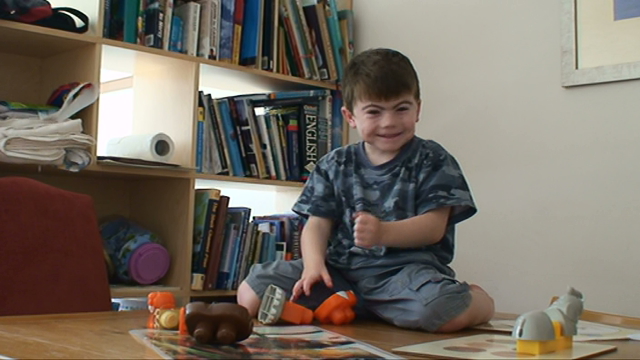Behavioural Characteristics
When people have a diagnosis of Cornelia de Lange syndrome it means that they are more likely to engage in certain behaviours than people without this syndrome. This is known as a ‘behavioural phenotype’.
If a person has a diagnosis of Cornelia de Lange syndrome it does not mean they will show all behaviours associated with the syndrome and it is extremely important to remember that everyone with Cornelia de Lange syndrome is an individual.
Understanding which behaviours are more likely to occur in Cornelia de Lange syndrome means that parents, carers and professionals are in a stronger position to support a person with Cornelia de Lange syndrome. This is because they can learn about why this behaviour is happening and develop interventions that are specific to people with this syndrome.
The following sections describe a range of behaviours including:
- adaptive (everyday living) skills
- autism spectrum disorder
- mood
- overactivity/impulsivity
- repetitive behaviour
- sleep
- social skills
- behavioural difficulties
Descriptions of each of these behaviours can be found in the corresponding subsection on this website or you can visit the key topics area to get a general overview of each of these areas.




